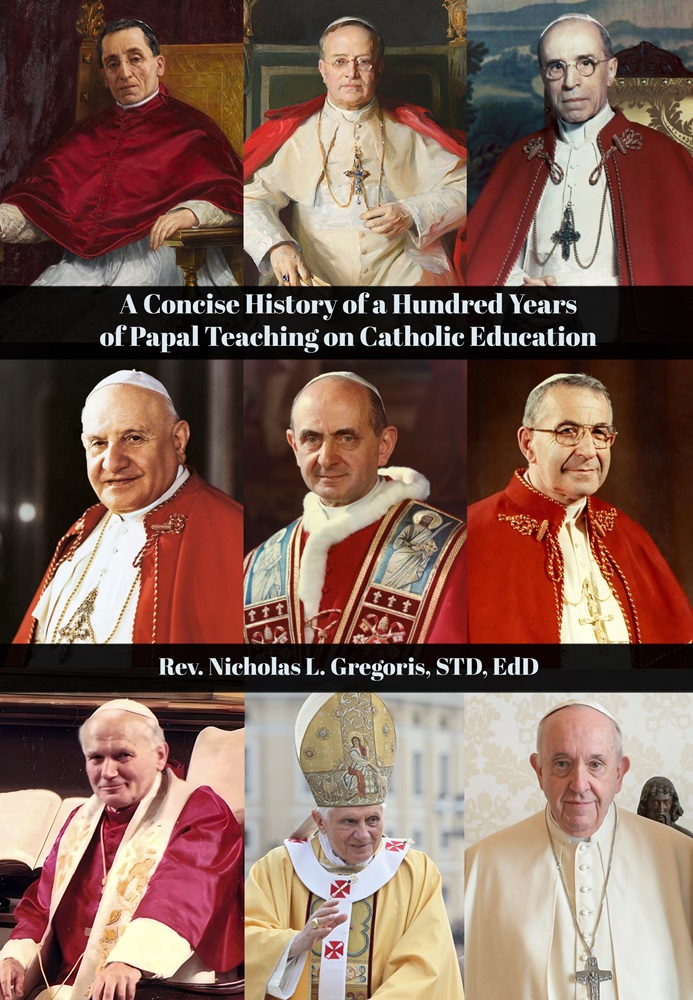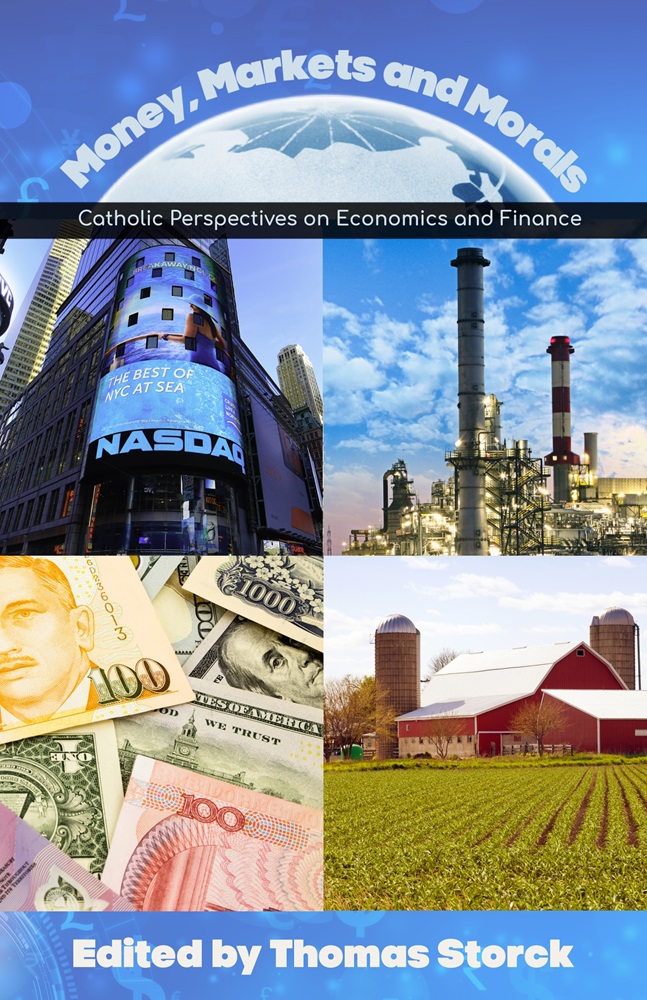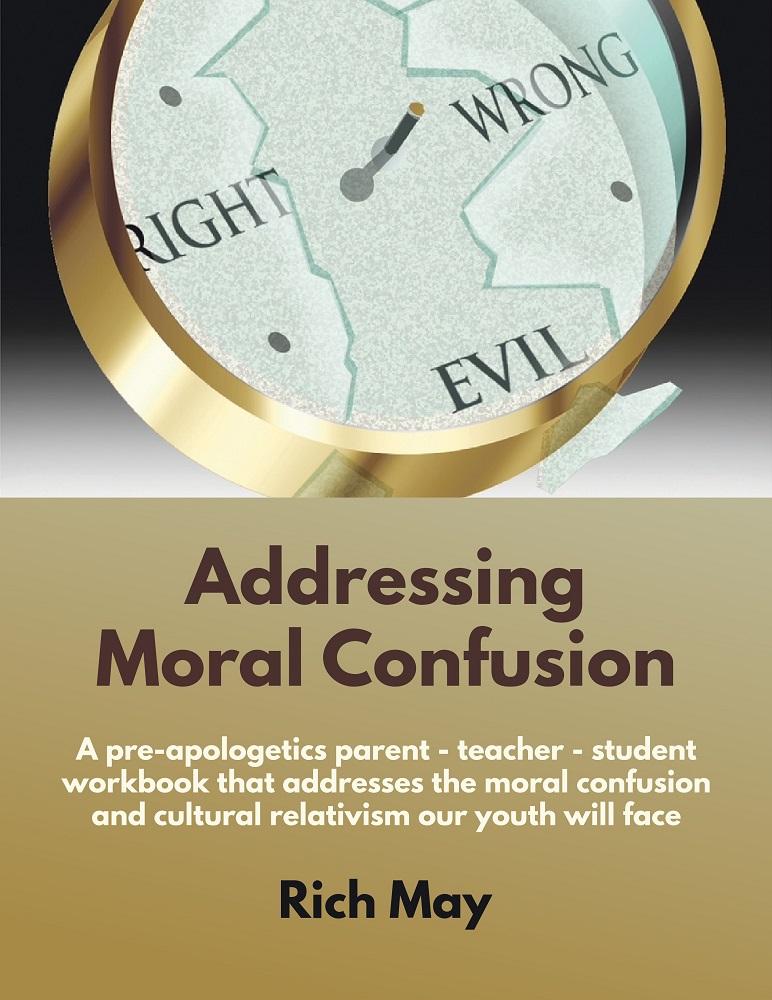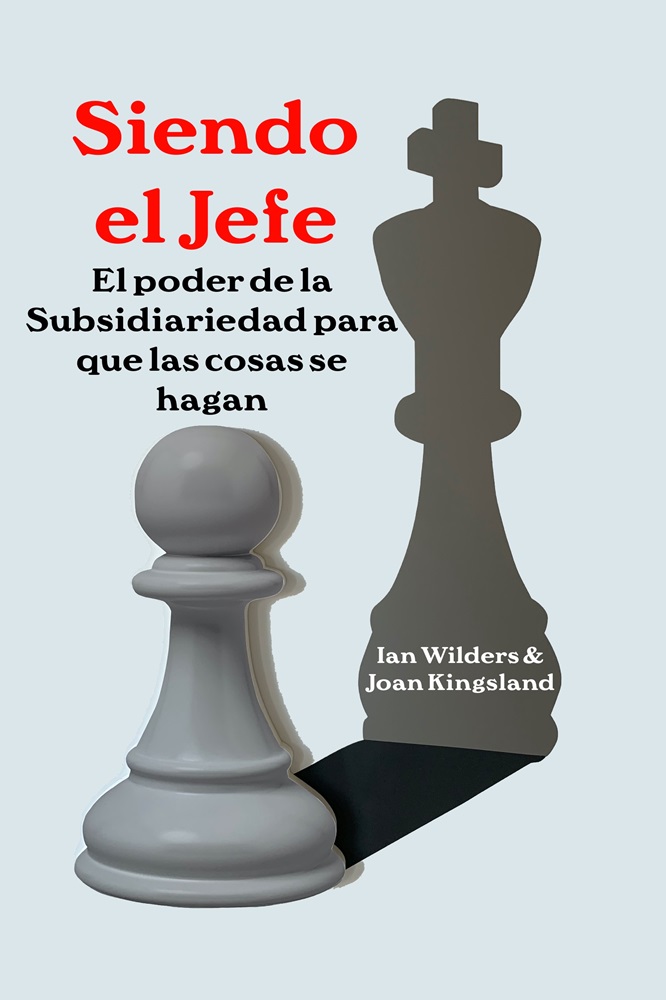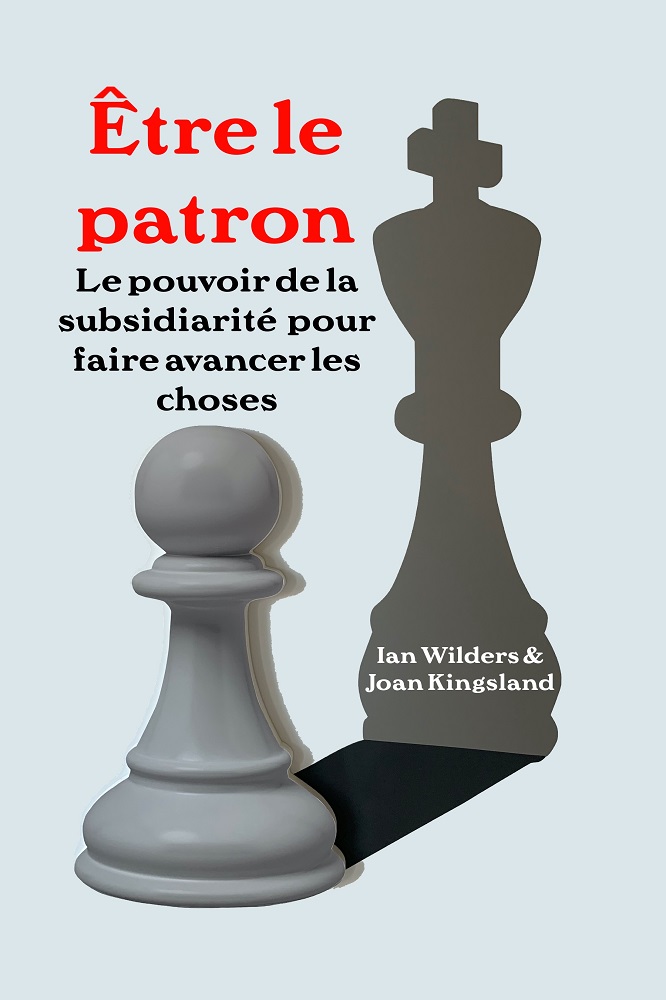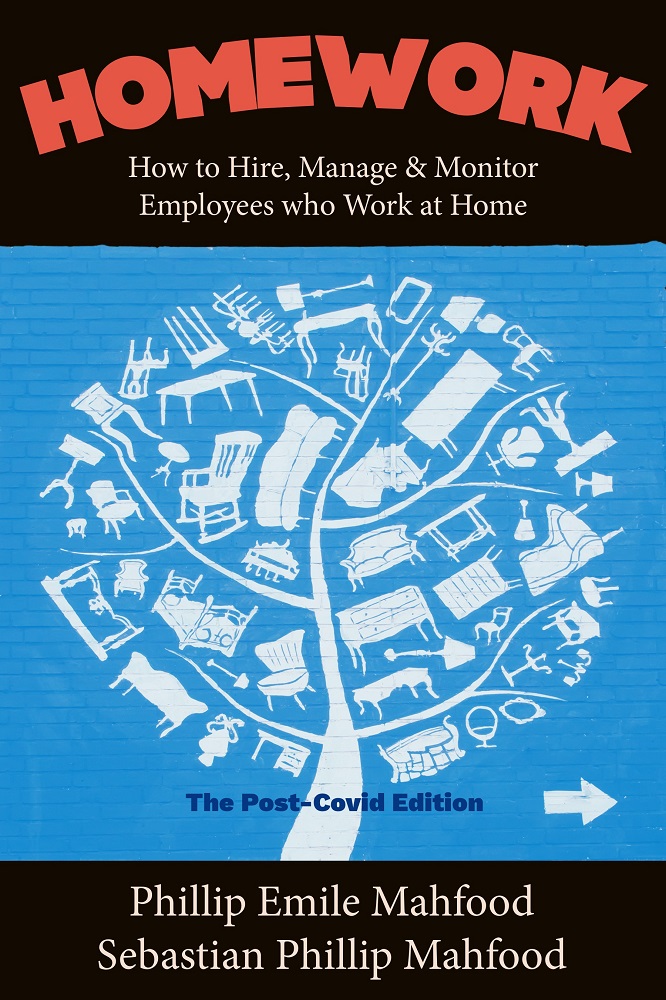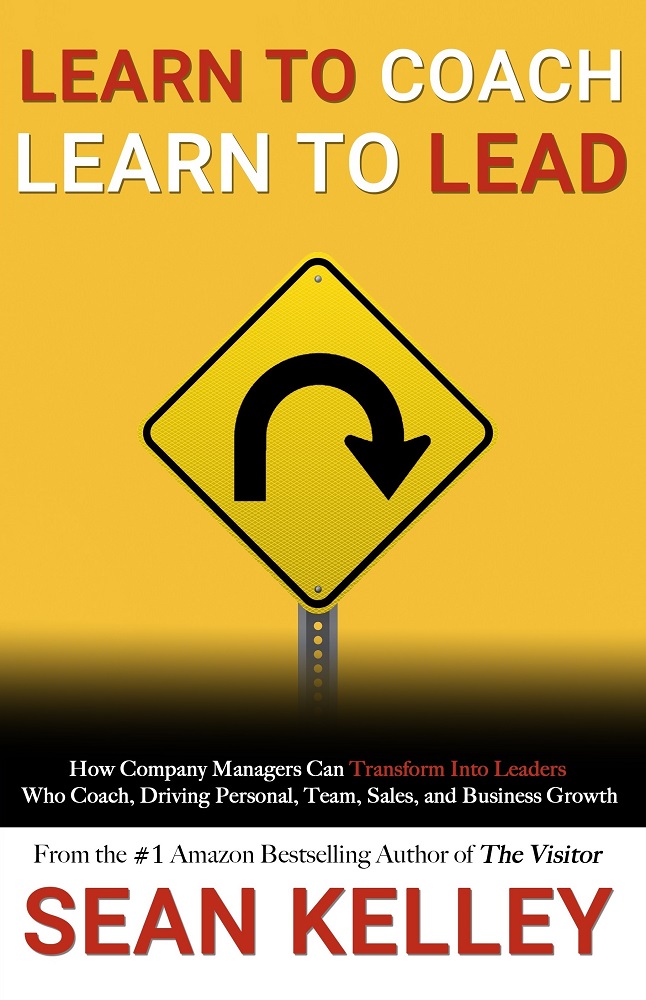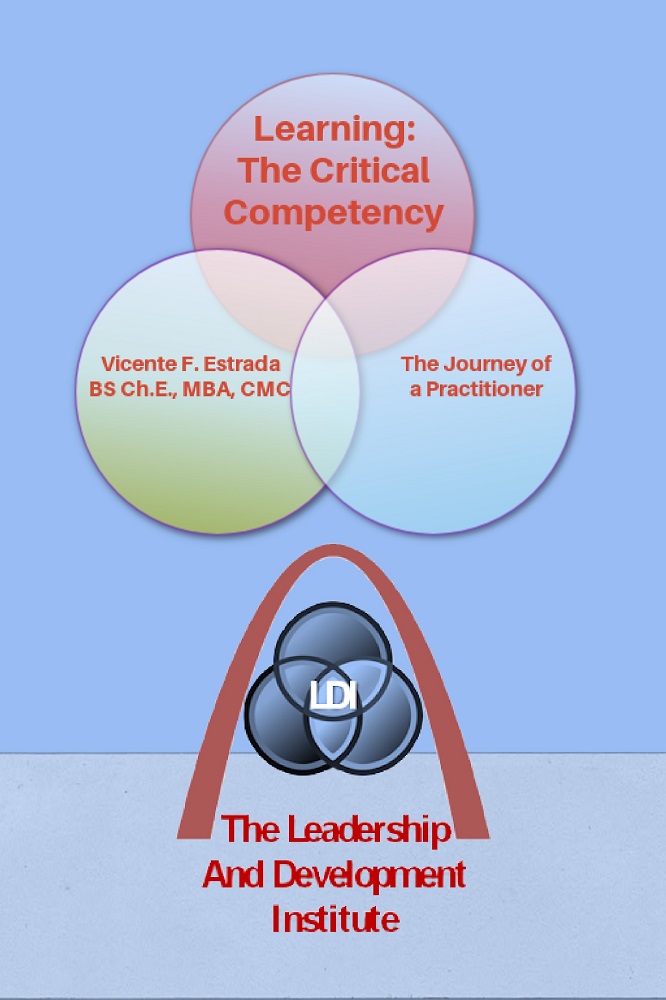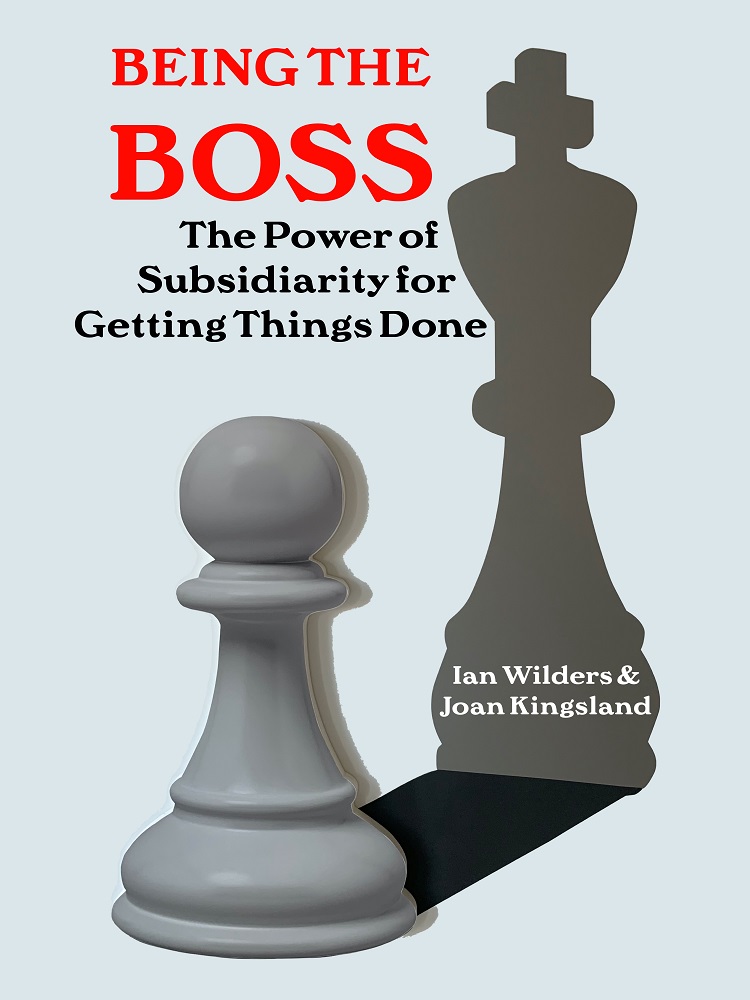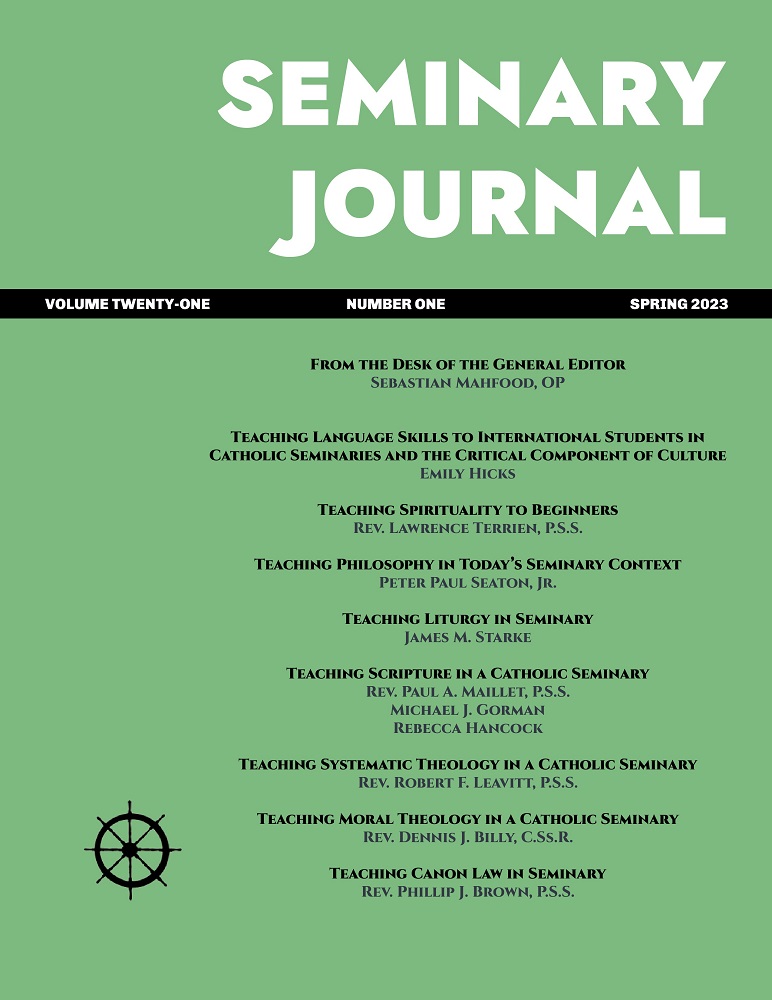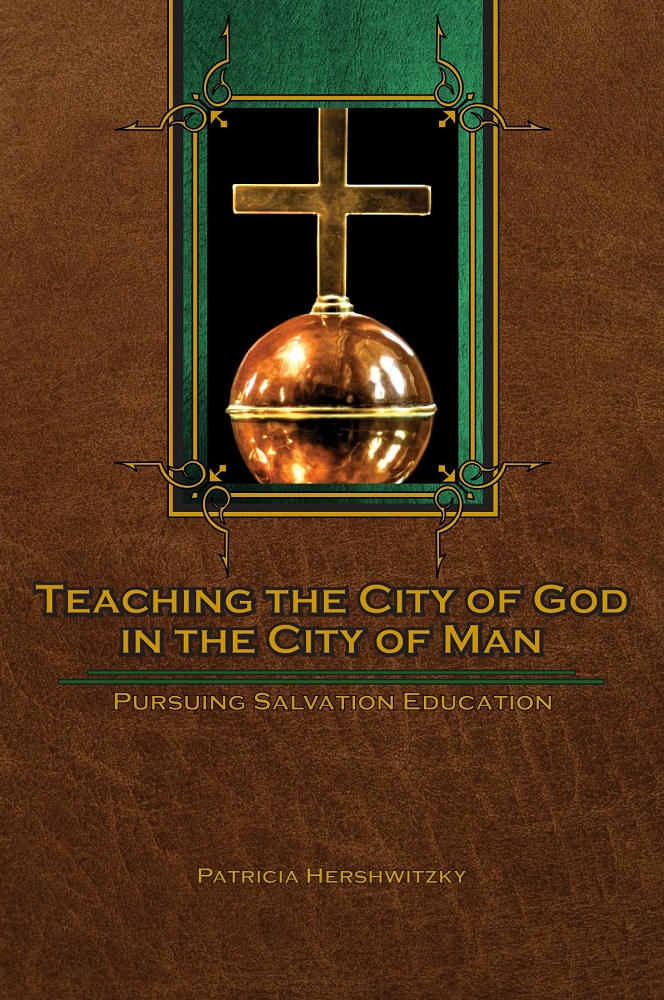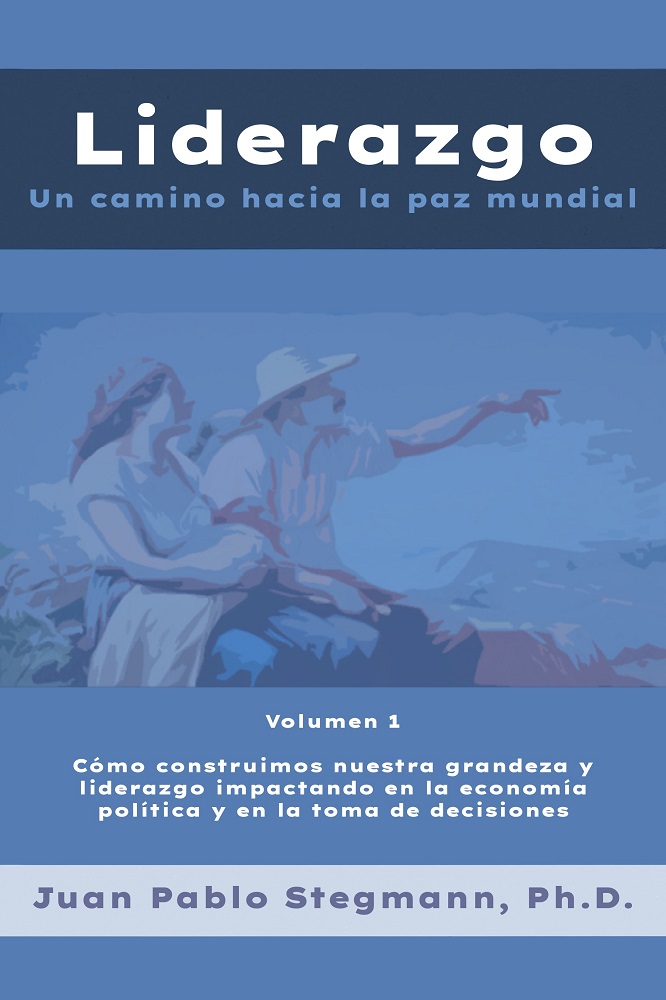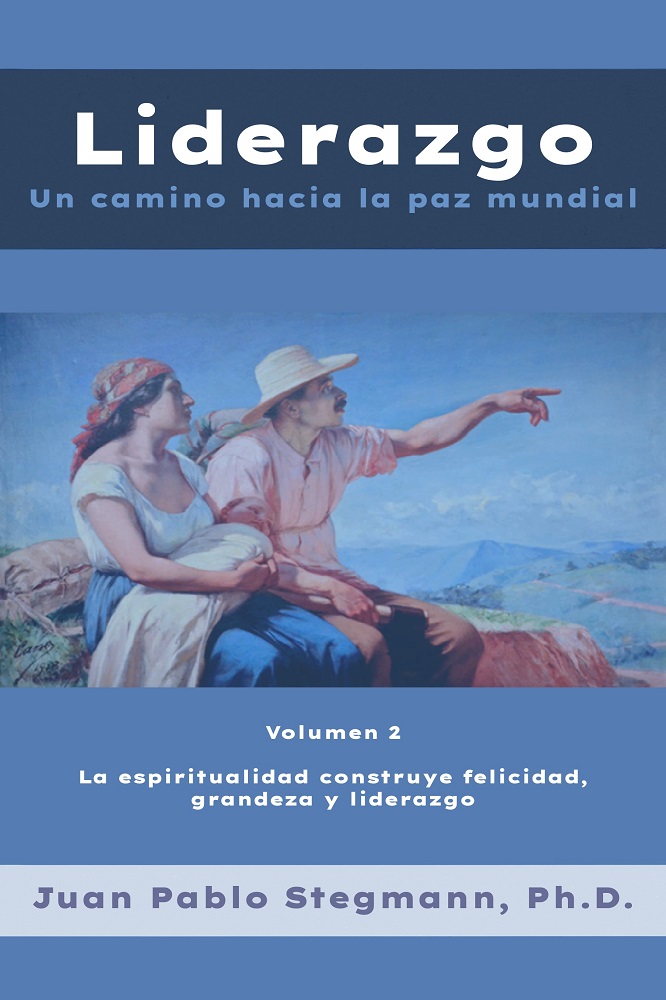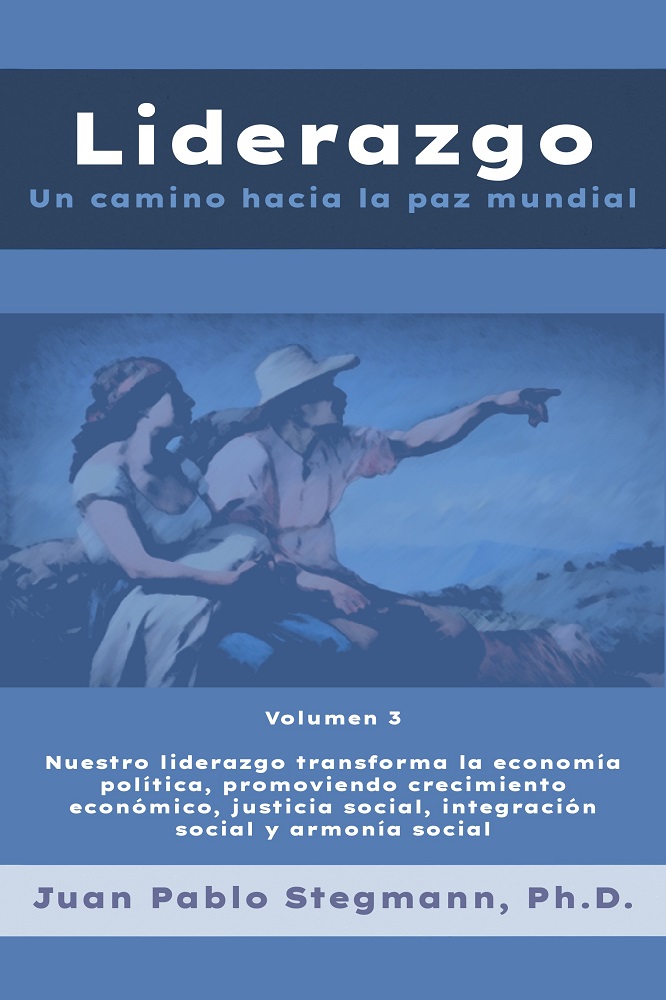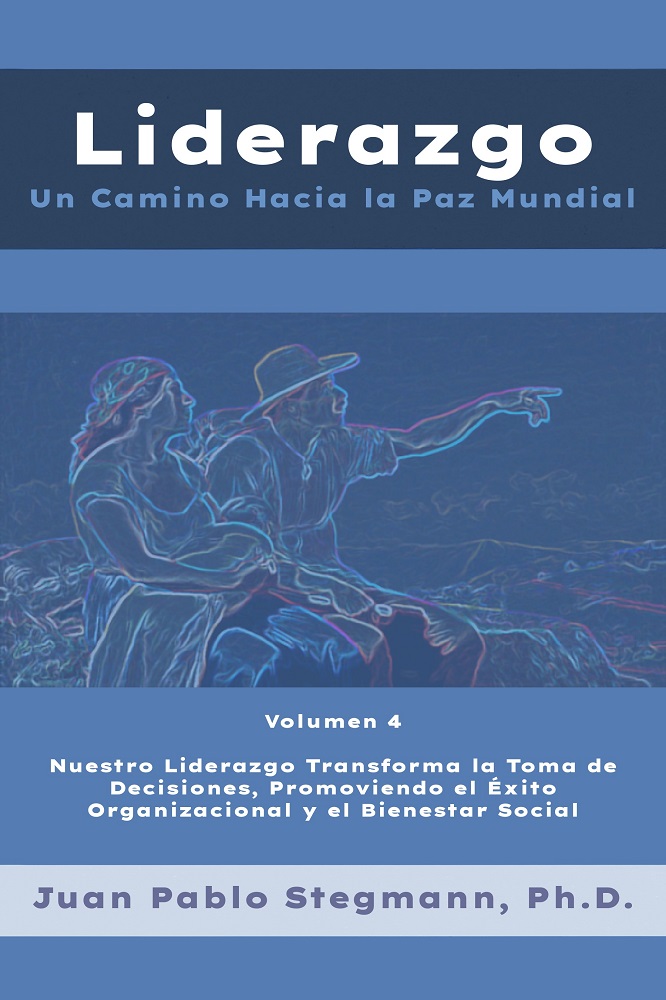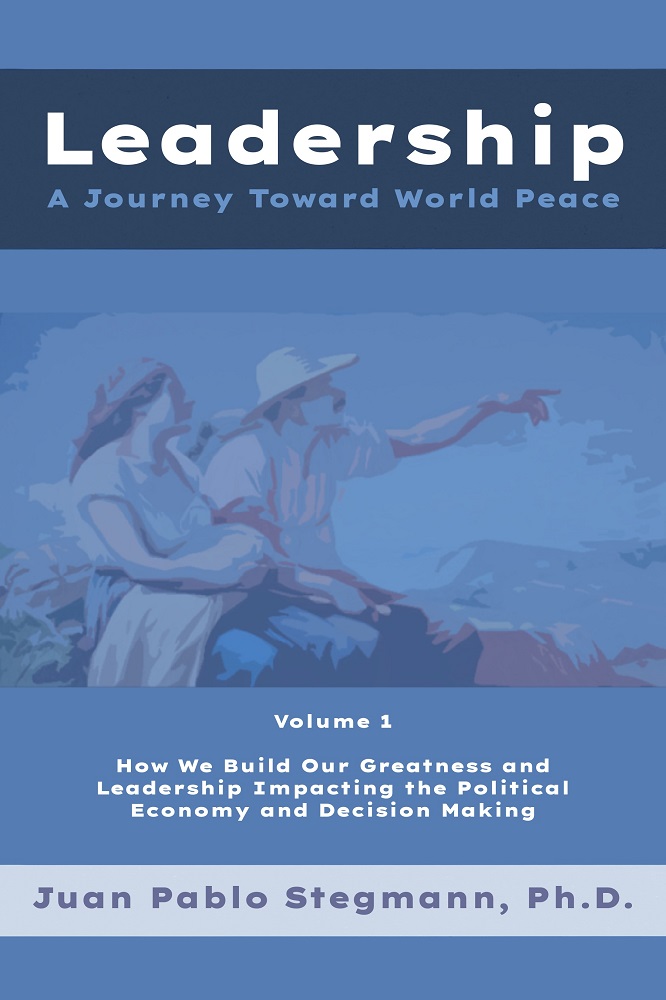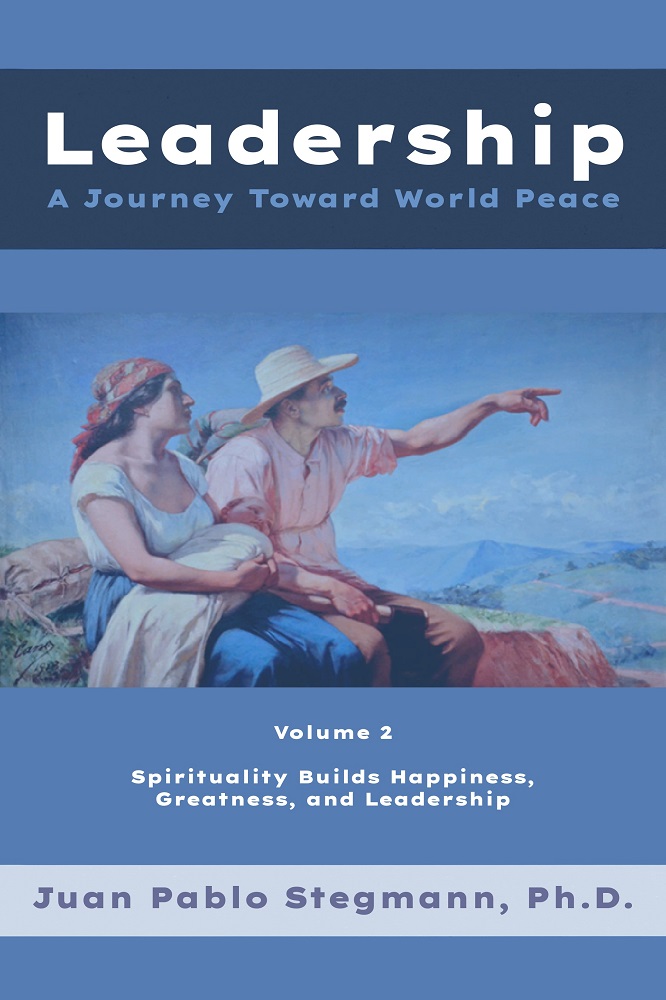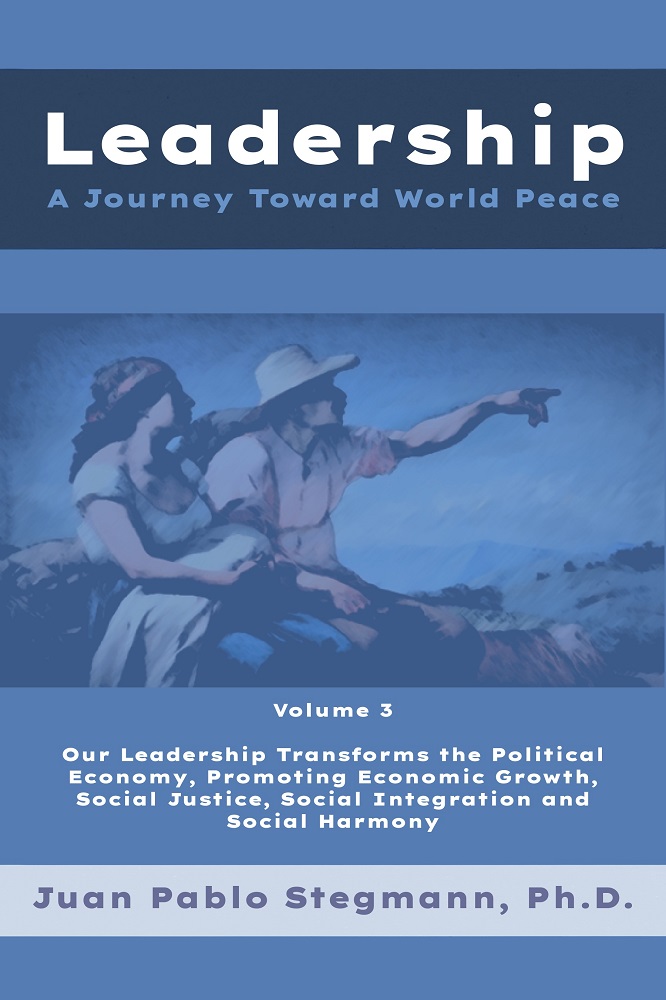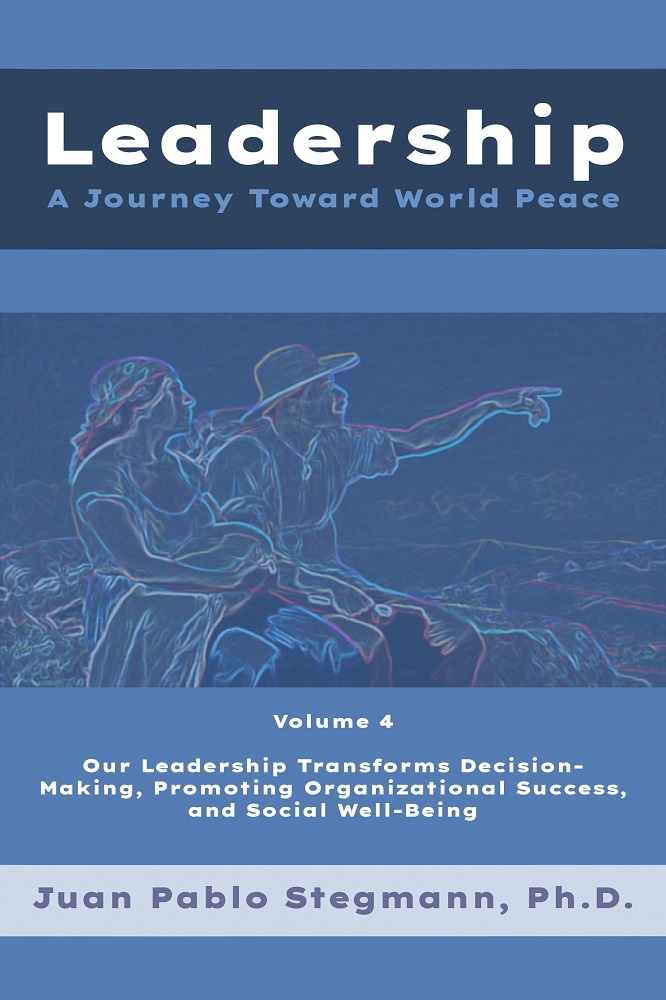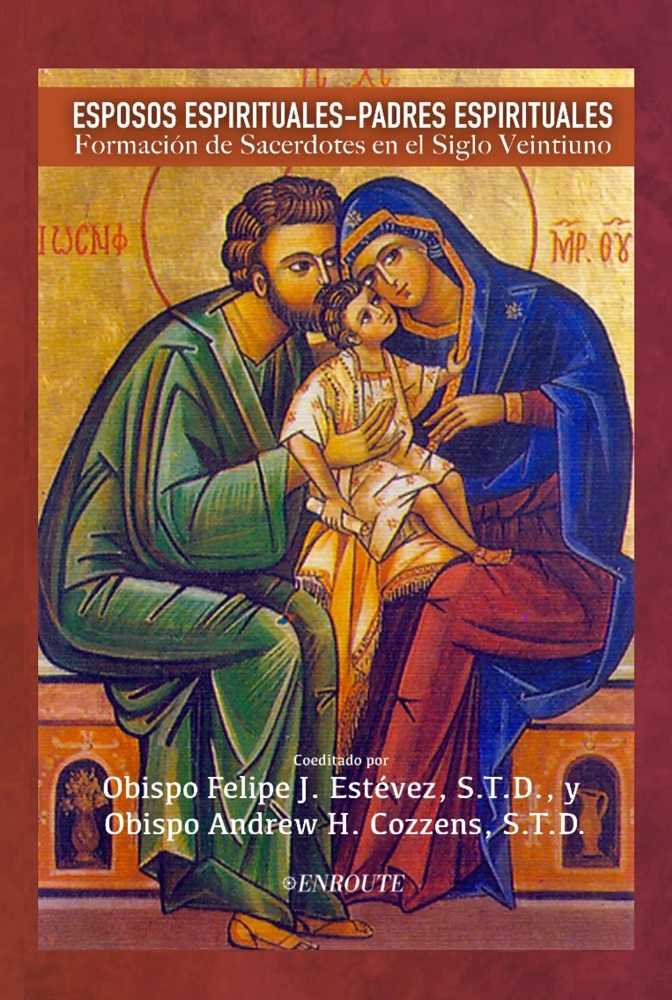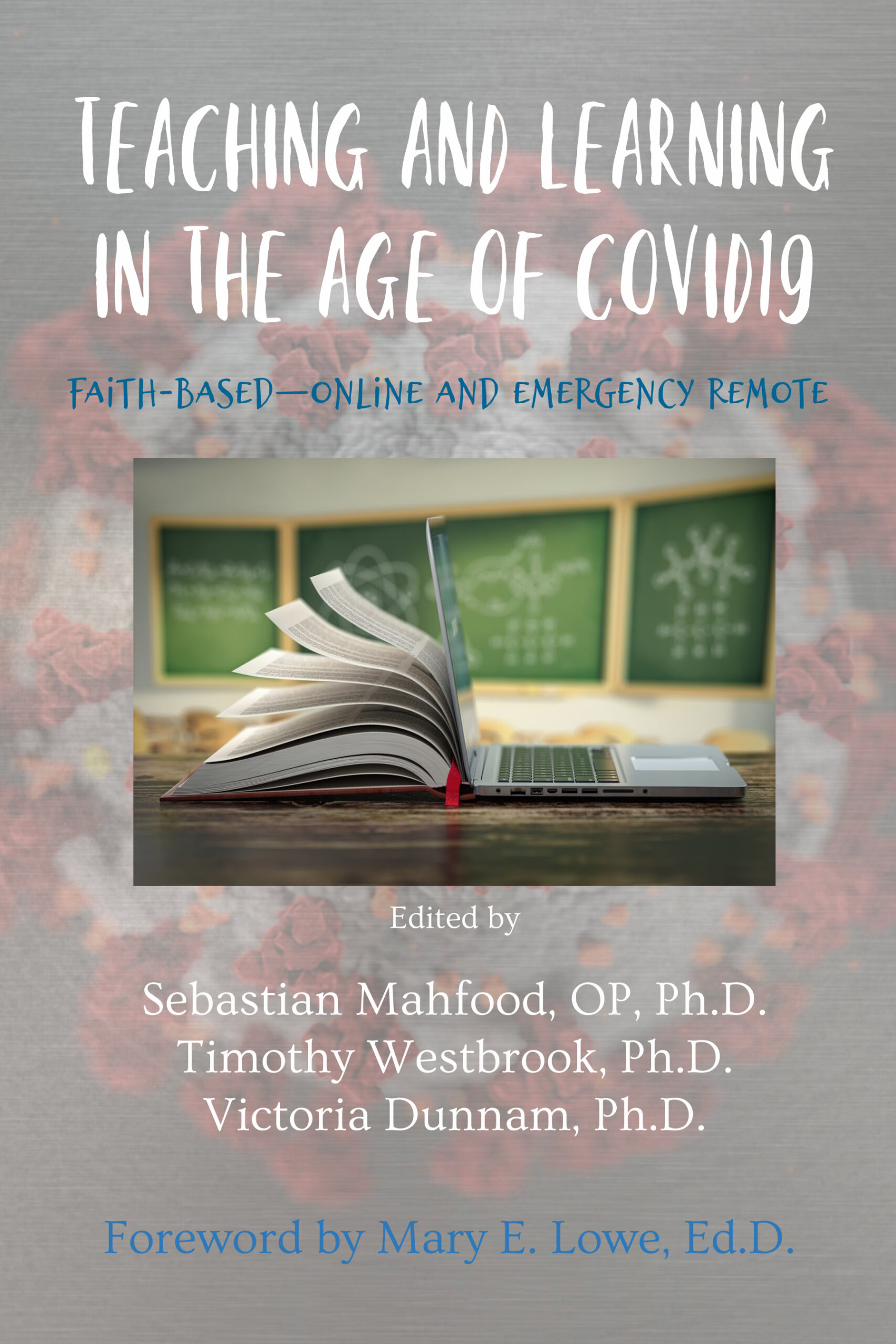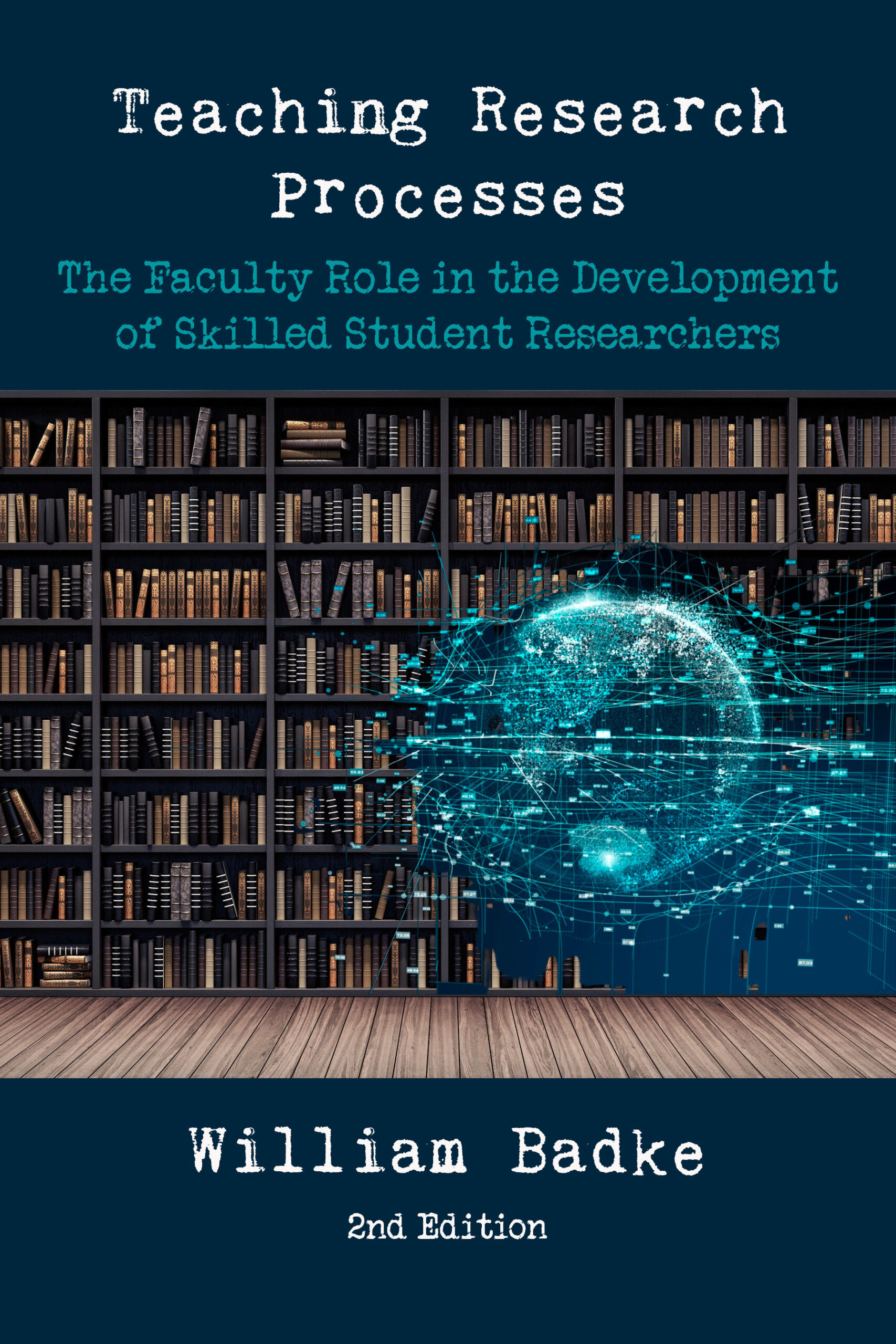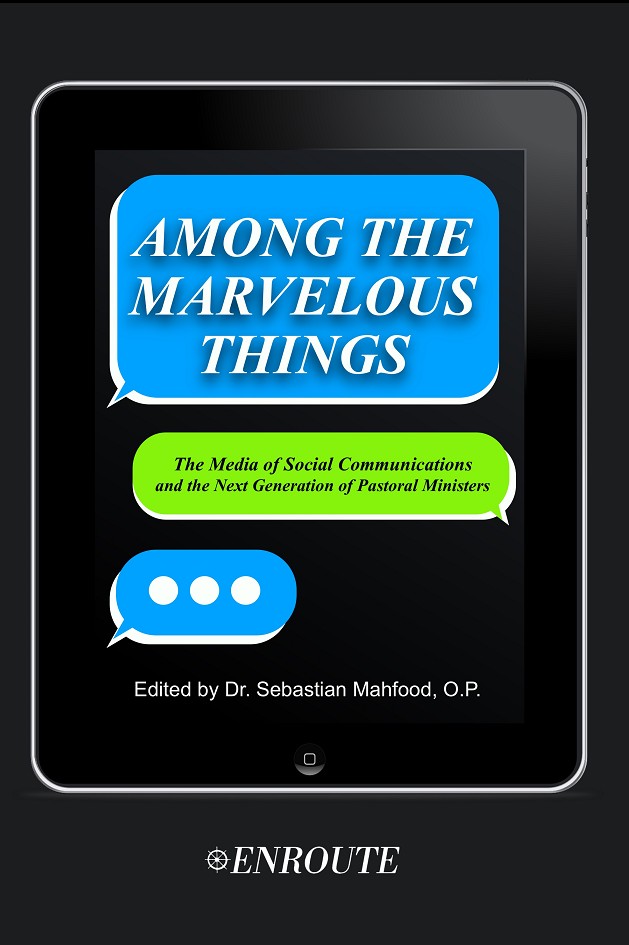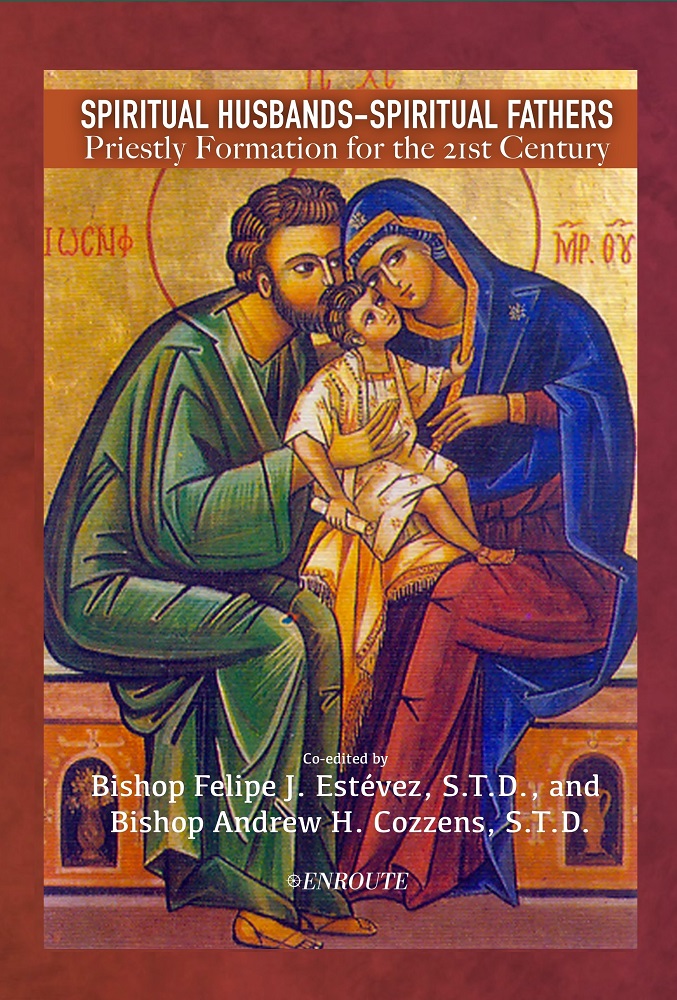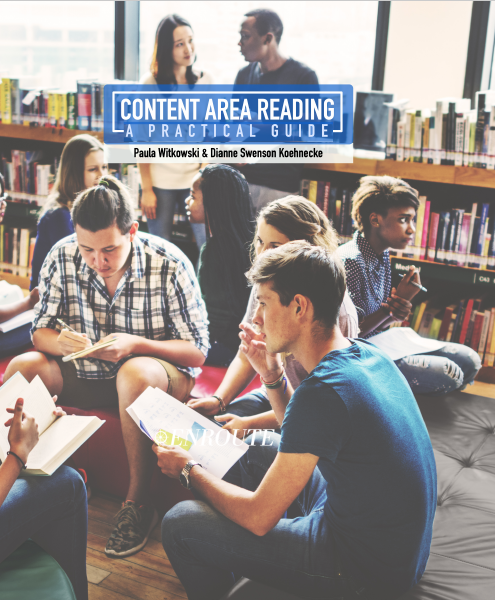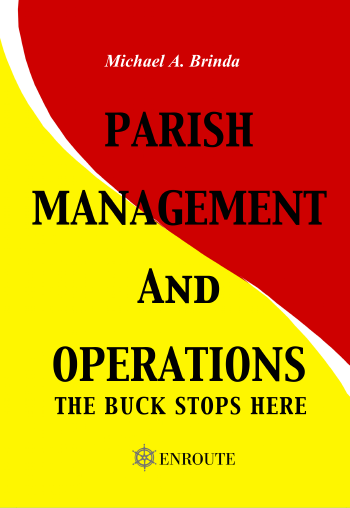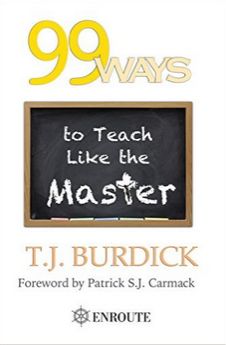Translanguaging: Teaching English to Secondary School Students in Tanzania
by Thomas R. Kagumisa
This book is a synthesis of Tanzanian educators’ core beliefs and perspectives on the effectiveness of translanguaging strategies in Teaching English as a Foreign Language to secondary school students. While the existing literature informs and addresses the topic of translanguaging in a general way, the present study does so with a particular focus on the Tanzanian educational context. The data collected from select participants through an online survey confirmed that translanguaging strategies facilitate lesson comprehension, active engagement, satisfaction, and less stress during the lesson. Conversely, adherence to the English Only Policy (EOP) acts as a barrier toward lesson comprehension, causes tension and a stressful atmosphere, and creates fear and lack of confidence, especially among students with little background in literacy. As a solution, the author recommends adapting specific translanguaging techniques such as the use of insertional and alternating methods, creating opportunities for professional development of English educators, and prioritizing instructional strategies that sustain students’ cultural identities.
Paperback: $19.95 | Kindle: $9.99
TESTIMONIALS
“Kagumisa addresses the complexity of the region’s geography, language practices, and school system in a way only one with intimate knowledge of the region and a keen eye for cultural and linguistic nuance could do. Drawing on surveys he conducted with educators, current research, and his own experiences growing up in Tanzania’s English-only system, he illuminates with loving attention important tensions among pedagogical practice, language values, and perceptions of the English Only Policy (EOP) in Tanzanian schools. He thus substantiates, through his own research, the recommendation that a national instructional policy allowing the use of Swahili alongside English would best support student learning and the maintenance of their cultural identities. As scholars of culturally responsive pedagogy like Gloria Ladson-Billings, Geneva Gay, and Sonia Nieto note, teaching in ways that support cultural identity are crucial to ensuring students thrive.” – Sara Cooper, Ph.D., Assistant Professor, Doctor of Arts in English Pedagogy Program, Murray State University, Kentucky, USA
“Dr. Kagumisa’s volume not only provides a useful overview of theories and practices of translanguaging but also models the protocols and considerations for applying translanguaging in a specific context. In doing so, Dr. Kagumisa lays out both challenges and solutions in second language instruction in a region in which a predominant language is contested to a degree. Most importantly, his work demonstrates in a significant and broadly useful way how translanguaging can, and should, be at the center of culturally sustainable second language instruction.” – Kevin Binfield, Ph.D., Professor and Director of Graduate Studies in English, Murray State University, Kentucky, USA
“The English-speaking world is remarkably diverse and was imprinted throughout the twentieth century by a whirlwind of independence and decolonization movements. Language and education are at the contested center when a nation transitions to self-rule. This is the case in Tanzania, a polyglot nation where speakers of Swahili, English, and hundreds of other regional and ethnic language families regularly use different languages for different purposes. Learners in such diverse linguistic environments determine the extent to which they will make full use of all of their language resources, practicing translanguaging, or combining, meshing, or switching among multiple languages. The Rev. Dr. Thomas Kagumisa reveals the complexity of translanguaging beliefs and practices in this study of Tanzanian English teachers’ translanguaging beliefs and practices. These teachers experience the tension between supporting their students’ right to their own languages and cultural heritages, providing students a robust background in their nation’s lingua franca, and reconciling national education policy with the realities of the classroom. Dr. Kagumisa, who is from the Kagera region of Tanzania, supplements the insights of his research with first-hand experience. This work has implications for educators in any linguistically-diverse place (including the United States) where teachers must understand their own translanguaging beliefs and advocate for the policies and resources necessary to serve their students.” – Dr. Zachary Garrett, Assistant Professor of English, Murray State University, Kentucky, USA
“Learning a new language is arduous when one grows up in a multilanguage context. One component of effective communication is a natural flow, and translanguaging provides that cog that dispels clogs, and Dr. Kagumisa delineates such benefits in his research; as he discovers that translanguaging is the panacea to human labor of meaning-making incurred in the context of prevalent multilanguage cognition and transaction. The socio-cultural implication of a potpourri of languages within a context requires an easier way to relay information quickly and to drive the cultural values and connection. Dr. Kagumisa argues that since translanguaging significantly bridges the communication gap and integrates the people of parallel socio-cultural history, it behooves our educational institutions to acknowledge its function and validate its dynamic in curriculum development.” – Dr. George Ebimobowei Oti, Prosocial Pedagogy Expert, San Jacinto College, Texas, USA
“Dr. Kagumisa’s study offers great promise for the reform of English instruction in Tanzania and, by extension, throughout the world, and the methods discussed will be helpful to any country struggling with a need for language acquisition in order to participate in a global linguistic system, such as Cameroonian students learning French, Uzbek students learning Russian, and Basque students learning Spanish, to name some examples. In short, Dr. Kagumisa provides a generally useful study on a method of language acquisition in an increasingly interconnected world.” – Dr. Sebastian Mahfood, OP, Returned Peace Corps Volunteer, Tunisia (1994-1996), Retired Professor of Interdisciplinary and Intercultural Studies, St. Louis, Missouri, USA
ABOUT THE AUTHOR
 Thomas Kagumisa is a Catholic priest originally from Bukoba Catholic Diocese, Tanzania. He is currently ministering to the Catholic Communities in the Roman Catholic Diocese of Phoenix, Arizona, USA. He obtained a B.A in Sacred Theology from the Catholic University of Eastern Africa, Nairobi, Kenya, an M.Ed. in English from Liberty University, Virginia, and a Doctor of Arts in English Pedagogy – Technology and Writing from Murray State University, Kentucky. His interest in English prompted him to delve into the topic of translanguaging, the findings of which he submitted as a Capstone Project of his doctoral program.
Thomas Kagumisa is a Catholic priest originally from Bukoba Catholic Diocese, Tanzania. He is currently ministering to the Catholic Communities in the Roman Catholic Diocese of Phoenix, Arizona, USA. He obtained a B.A in Sacred Theology from the Catholic University of Eastern Africa, Nairobi, Kenya, an M.Ed. in English from Liberty University, Virginia, and a Doctor of Arts in English Pedagogy – Technology and Writing from Murray State University, Kentucky. His interest in English prompted him to delve into the topic of translanguaging, the findings of which he submitted as a Capstone Project of his doctoral program.
OTHER CATHOLIC BUSINESS AND EDUCATION BOOKS
A Concise History of a Hundred Years of Papal Teaching on Catholic Education
A Concise History of a Hundred Years of Papal Teaching on Catholic Education by Fr. Nicholas Gregoris, STD, EdD Fr. Gregoris, who served as the major translator of a book entitled The Mission of Catholic Schools: A Century of Reflection and Direction, has provided in...
Money, Markets and Morals: Catholic Perspectives on Economics and Finance
Money, Markets and Morals: Catholic Perspectives on Economics and Finance Edited by Thomas Storck This volume brings together several essays and papers dealing with aspects of Catholic social teaching, especially as that concerns investment and our use of money....
Addressing Moral Confusion
Addressing Moral Confusion by Richard May The goal of this workbook is to help our youth to receive catechetical instruction without getting bogged down by the mindset of the world today, thereby enabling them to be more open to the truth of the Gospel of Christ and...
Siendo el Jefe: El poder de la Subsidiariedad para que las cosas se hagan
DESCARGA TU VERSIÓN KINDLE GRATUITA Y DEJA UNA OPINIÓN EN AMAZON - 2-6 de diciembre Siendo el Jefe: El poder de la Subsidiariedad para que las cosas se hagan by Ian Wilders and Joan Kingsland Ian es un CEO visionario conocido por defender la subsidiariedad en el lugar...
Être le patron: Le pouvoir de la subsidiarité pour faire avancer les choses
TELECHARGEZ VOTRE VERSION KINDLE GRATUITE & LAISSEZ UN AVIS SUR AMAZON - du 2 au 6 décembre Être le patron: Le pouvoir de la subsidiarité pour faire avancer les choses par Ian Wilders et Joan Kingsland Ian est un PDG visionnaire connu pour son plaidoyer en faveur...
Homework: How to Hire, Manage & Monitor Employees who Work at Home
Homework: How to Hire, Manage & Monitor Employees who Work at Home (Post-Covid Edition) by Phillip Emile Mahfood and Sebastian Phillip Mahfood Aren't telecommuters just employees who work at home? In the landmark 1992 edition of Homework: How to Hire, Manage &...
Learn to Coach, Learn to Lead: Grow Your Sales, Team, Business, and Yourself by Transforming from Manager to Coach
Author, Sean Kelley (left), with a fan.Learn to Coach, Learn to Lead: Grow Your Sales, Team, Business, and Yourself by Transforming from Manager to Coach by Sean Kelley Learn to Coach, Learn to Lead is for leaders of all levels wanting to hone their leadership skills...
Learning: The Critical Competency–The Journey of a Practitioner
Learning: The Critical Competency--A Practitioner's Journey by Vicente F. Estrada In this book, the author shares the simple message that learning is a process, which means that the results of learning can be measured and that the process can be controlled,...
Being the Boss: The Power of Subsidiarity for Getting Things Done
DOWNLOAD YOUR FREE KINDLE VERSION & LEAVE A REVIEW ON AMAZON -- December 2-6 Being the Boss: The Power of Subsidiarity for Getting Things Done by Ian Wilders and Joan Kingsland Ian is a visionary CEO known for advocating subsidiarity in the workplace. In his book,...
Seminary Journal, Vol. 21, No. 1, Spring 2023
Seminary Journal, Vol. 21, No. 1, Spring 2023 SJ General Editor: Dr. Sebastian Mahfood, OP. This issue was coordinated by Fr. Dennis Billy, CSsR The Seminary Journal is a journal of opinion, research, and praxis in the field of seminary education and formation for...
Teaching the City of God in the City of Man: Pursuing Salvation Education
Teaching the City of God in the City of Man: Pursuing Salvation Education by Patricia Hershwitzky, Ed.S. Teaching the City of God in the City of Man counters the lethally misleading pedagogy now infesting government schools but also shading many Catholic schools. From...
Liderazgo: Un camino hacia la paz mundial – Vol. 1 Cómo construimos nuestra grandeza y liderazgo impactando en la economía política y en la toma de decisiones
Liderazgo: Un camino hacia la paz mundial - Vol. 1 Cómo construimos nuestra grandeza y liderazgo impactando en la economía política y en la toma de decisiones por Juan Pablo Stegmann, Ph.D. Muchas personas aspiran a convertirse en líderes. Sin embargo, ¿cómo se...
Liderazgo: Un camino hacia la paz mundial – Vol. 2 La espiritualidad construye felicidad, grandeza y liderazgo
Liderazgo: Un camino hacia la paz mundial - Vol. 2 La espiritualidad construye felicidad, grandeza y liderazgo por Juan Pablo Stegmann, Ph.D. Este libro da inicio a la serie «Liderazgo: un camino hacia la paz mundial», que muestra cómo la espiritualidad es una parte...
Liderazgo: Un camino hacia la paz mundial – Vol. 3 Nuestro liderazgo transforma la economía política, promoviendo crecimiento económico, justicia social, integración social y armonía social
Liderazgo: Un camino hacia la paz mundial - Vol. 3 Nuestro liderazgo transforma la economía política, promoviendo crecimiento económico, justicia social, integración social y armonía social por Juan Pablo Stegmann, Ph.D. Este libro es el tercero de la serie de cuatro...
Liderazgo: Un Camino Hacia la Paz Mundial – Vol. 4 Nuestro Liderazgo Transforma la Toma de Decisiones, Promoviendo el Éxito Organizacional y el Bienestar Social
Liderazgo: Un Camino Hacia la Paz Mundial - Vol. 4 Nuestro Liderazgo Transforma la Toma de Decisiones, Promoviendo el Éxito Organizacional y el Bienestar Social por Juan Pablo Stegmann, Ph.D. Este es el cuarto y último volumen de la serie «Liderazgo: un camino hacia...
Leadership: A journey toward world peace – Vol. 1 How we build our greatness and leadership impacting the political economy and decision making
Leadership: A journey toward world peace – Vol. 1 How we build our greatness and leadership impacting the political economy and decision making by Juan Pablo Stegmann, Ph.D. Everyone wants to be a leader; however, how do we build our leadership? How can we build...
Leadership: A journey toward world peace – Vol. 2 Spirituality builds happiness, greatness, and leadership
Leadership: A journey toward world peace – Vol. 2 Spirituality builds happiness, greatness, and leadership by Juan Pablo Stegmann, Ph.D. Everyone wants to be a leader; however, how do we build our leadership? How can we build leadership with greatness to positively...
Leadership: A journey toward world peace – Vol. 3 Our leadership transforms the political economy, promoting economic growth, social justice, social integration and social harmony
Leadership: A journey toward world peace – Vol. 3 Our leadership transforms the political economy, promoting economic growth, social justice, social integration and social harmony by Juan Pablo Stegmann, Ph.D. This book is the third of the four volumes: “Leadership: A...
Leadership: A journey toward world peace – Vol. 4 Our leadership transforms decision-making, promoting organizational success, and social well-being
Leadership: A journey toward world peace – Vol. 4 Our leadership transforms decision-making, promoting organizational success, and social well-being by Juan Pablo Stegmann, Ph.D. This book is the fourth of the four volumes: “Leadership: A Journey Toward World Peace,”...
Esposos Espirituales – Padres Espirituales: Formación de Sacerdotes en el Siglo Veintiuno
Esposos Espirituales - Padres Espirituales: Formación de Sacerdotes en el Siglo Veintiuno por Obispo Felipe J. Estévez, S.T.D., y Obispo Andrew H. Cozzens, S.T.D. ¡Ahora en español! En este libro se dan muchas referencias que asisten en la formación integral y que...
Home for the Homily: The Sacred Art of Homiletics
Home for the Homily: The Sacred Art of Homiletics by Kiki Latimer Home for The Homily: The Sacred Art of Homiletics concerns a new and required depth of preaching the word of God within the Mass. This calls for a new and deeper appreciation of communication skills....
Teaching and Learning in the Age of COVID19
Teaching and Learning in the Age of COVID19: Faith-Based -- Online and Emergency Remote Ed. by Sebastian Mahfood, OP, Ph.D., Timothy Westbrook, Ph.D., and Victoria Dunnam, Ph.D. with a Foreword by Dr. Mary E. Lowe Over the past two decades, a generation of educational...
Teaching Research Processes by William Badke
Customers who buy Teaching Research Processes also bought Research Strategies. Get your copy today!Teaching Research Processes: The Faculty Role in the Development of Skilled Student Researchers, 2nd Edition by William Badke Today’s students struggle with the research...
Among the Marvelous Things
Among the Marvelous Things: The Media of Social Communications and the Next Generation of Pastoral Ministers Edited by Dr. Sebastian Mahfood, OP When Saint John Paul II 'suggested' in Redemptoris Missio (1990) that instruction in the use of mass media be decisively...
Spiritual Husbands-Spiritual Fathers: Priestly Formation for the 21st Century, co-edited by Bishop Estévez and Bishop Cozzens
Spiritual Husbands-Spiritual Fathers: Priestly Formation for the 21st Century by Bishop Felipe J. Estévez, S.T.D., and Bishop Andrew H. Cozzens, S.T.D. In Spiritual Husbands-Spiritual Fathers: Priestly Formation for the 21st Century, Bishops Estévez and Cozzens...
Content Area Reading: A Practical Guide by Paula Witkowski and Dianne Swenson Koehnecke
Content Area Reading: A Practical Guide by Paula Witkowski and Dianne Swenson Koehnecke Paperback $35 | Kindle $9.99 We all want to be ‘great’ teachers, don’t we? But it’s not as easy as some might think. Dealing with a variety of learners: those who are academically...
How YOU Can Build the World’s Largest Second-Hand, Catholic Bookstore
How YOU Can Build the World’s Largest Second-Hand, Catholic Bookstore by Bruce Mac Vicar with Sebastian Mahfood Have you ever wanted to promote your Catholic faith by sharing books with others? How about by selling books to others on the cheap? How about by going all...
Parish Management and Operations
Prof. Brinda, pictured here below with his students at Mundelein Seminary in Chicago in February, 2017, may be reached at mikebrinda5@gmail.com. Parish Management and Operations: The Buck Stops Here by Michael A. Brinda How often have we heard the sayings, “It’s...
99 Ways
99 Ways to Teach Like the Master by T.J. Burdick 99 Ways to Teach Like the Master is a journey into the instructive techniques of Jesus. By learning from the Master, we can learn better how to communicate and impart knowledge to others. Whether it is for the teacher...

